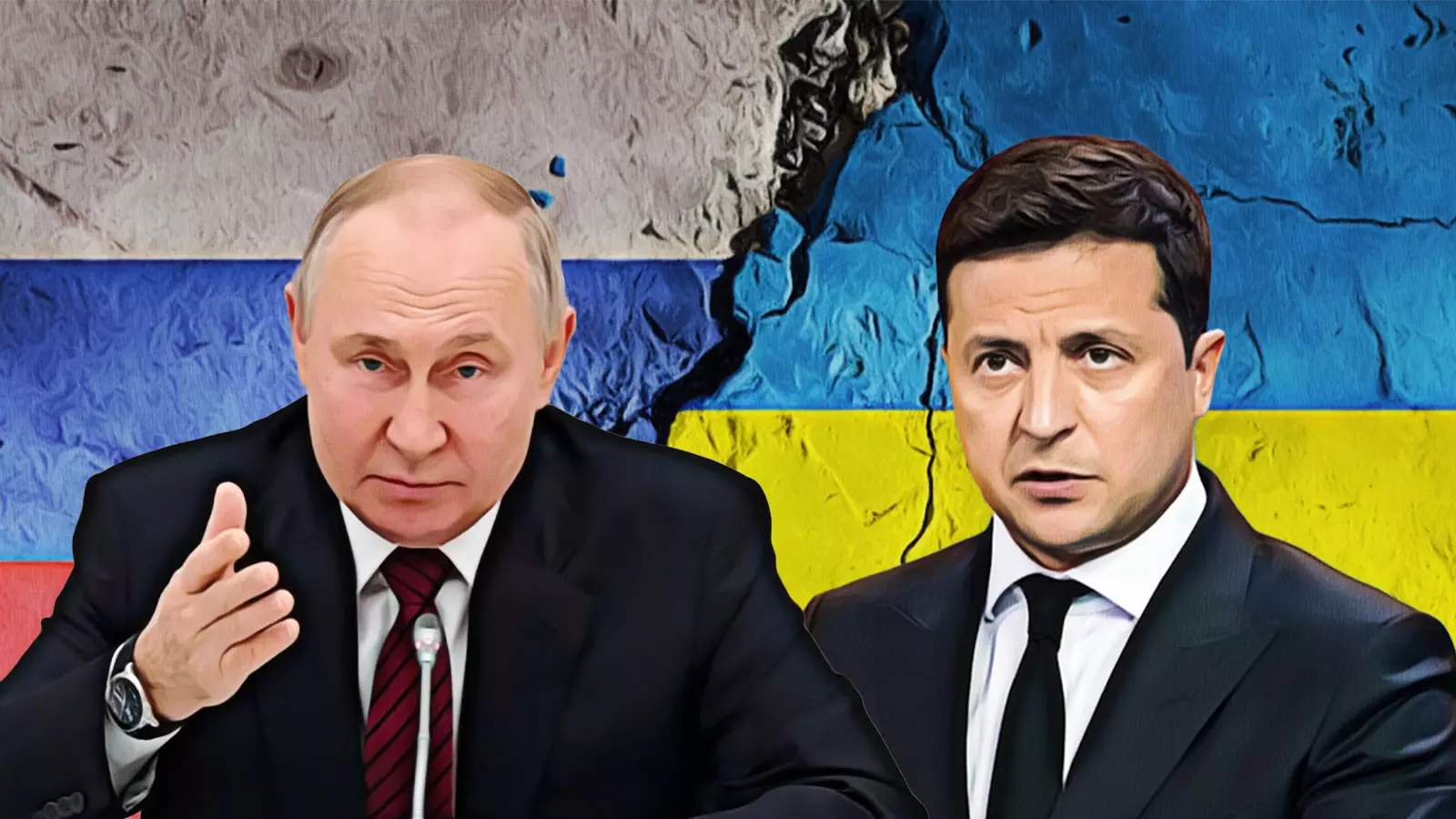
- Home
- India
- World
- Premium
- THE FEDERAL SPECIAL
- Analysis
- States
- Perspective
- Videos
- Sports
- Education
- Entertainment
- Elections
- Features
- Health
- Business
- Series
- In memoriam: Sheikh Mujibur Rahman
- Bishnoi's Men
- NEET TANGLE
- Economy Series
- Earth Day
- Kashmir’s Frozen Turbulence
- India@75
- The legend of Ramjanmabhoomi
- Liberalisation@30
- How to tame a dragon
- Celebrating biodiversity
- Farm Matters
- 50 days of solitude
- Bringing Migrants Home
- Budget 2020
- Jharkhand Votes
- The Federal Investigates
- The Federal Impact
- Vanishing Sand
- Gandhi @ 150
- Andhra Today
- Field report
- Operation Gulmarg
- Pandemic @1 Mn in India
- The Federal Year-End
- The Zero Year
- Science
- Brand studio
- Newsletter
- Elections 2024
- Events
- Home
- IndiaIndia
- World
- Analysis
- StatesStates
- PerspectivePerspective
- VideosVideos
- Sports
- Education
- Entertainment
- ElectionsElections
- Features
- Health
- BusinessBusiness
- Premium
- Loading...
Premium - Events

As Ukraine war turns two, it is becoming increasingly clear that people in both Russia and Ukraine do not want the conflict to continue
Wars are avoidable and, generally, meaningless. Within that ambit, the ongoing Russia-Ukraine war must rank right on top. On a mere disagreement over whether to join Nato, parts of an entire country are being destroyed, people killed, families separated, and thousands displaced from their homes.
This week, the meandering conflagration completes two years with little or no signs of a resolution. In the meantime, large swathes of a once-thriving Ukraine have been destroyed under Russian fire.
All because the West wants Ukraine to join the military grouping Nato while Russia objects to its long-time enemies breathing down on its border.
Whether the US-led West expected Russian President Vladimir Putin to attack Ukraine is not clear. From the way the verbal disagreement progressed, it would be safe to surmise that none did. But, Putin went in for the kill, taking the world by surprise.
Zelenskyy’s myopic vision
Even after Putin had made the move – to invade Ukraine – the US and its European allies, along with Ukraine, had the option of backing off to deal with the Nato question at some later date. In the first few days of the invasion, it did appear that something along these lines would happen. But, after a few rounds of talks, Ukraine’s President Volodymyr Zelenskyy decided to continue the fight.
In retrospect, it was a short-sighted decision that under-estimated Putin’s resolve and Russia’s ability to carry on fighting. Zelenskyy expected his newfound allies in the West to jump into the fray and fight Putin. But all he saw was a half-hearted response from US President Joe Biden, who went a step further to categorically state that they were not interested in directly entering the fight.
Zelenskyy had the option to back off even at this stage. An ex-comedian, either his lack of political acumen or probably because of assurance from his friends in the West, Zelenskyy refused to drop his Nato-desire and opted to continue fighting the Russians.
Indirect aid from US, Europe
The US and Europe did come to Ukraine’s aid, but indirectly. They sent in funds, advisers, latest military equipment and facilitated loose bands of mercenaries to fight for Ukraine. Zelenskyy must have hoped that this, along with economic sanctions, would have squeezed out Putin’s strength.
He was not entirely wrong. There were setbacks on the military field suffered by Russia which didn’t expect the kind of resistance put up by Ukraine. In 2023, reports said Ukraine had managed to recapture several hundred settlements from Russia, stretching over 10,000 sq km to the eastern arc, close to the international border between the two countries. Since then, Russia has forced itself back into most of these areas and is poised to make new gains.
Using sea drones and missiles supplied by the West, Ukraine managed to damage among others a key Russian warship Caeser Kunikov, part of the powerful Black Sea fleet off Crimea. Earlier, it has managed to sporadically bomb military targets and cities on the Russian side of the border, taking Russia by surprise.
War hits stalemate
Overall, as of this moment, the war-turned-invasion has turned into a stalemate, though Zelenskyy disagrees with this characterisation. Every now and then you hear of a Ukrainian advance, Russian back-off. Soon that turns into a Russian advance and a Ukrainian back-off, the latest being the city of Avdiivka that fell to Putin’s army. This was preceded by the fall of Ukrainian town, Marinka, in late December.
Both Russia and Ukraine are experiencing the adverse consequences of the war. Zelenskyy sacked his army chief Valeriy Zaluzhnyi over differences in implementing military strategy. Earlier, he had replaced Major-General Tetiana Ostashchenko as commander of the medical forces of the army and defence minister Oleksii Reznikov.
Putin, too, has been on a sacking spree. The latest was the chief of the Black Sea fleet Admiral Viktor Sokolov. Earlier, he had dismissed Gen. Sergei Surovikin, head of the Russian Aerospace Forces. The high-profile mutiny by Russia’s Wagner private militia led by his long-time aide Yevgeny Prigoshin and his resulting mysterious death last August indicated all was not well with Putin’s control over the war.
War fatigue sets in
World attention, meanwhile, has moved away from the Russia-Ukraine war to the conflict in the Gaza Strip, the forthcoming US presidential elections, and tensions in the Red Sea and the African coast following attacks on international shipping by Yemen’s Houthis and Somalian pirates.
As fatigue sets in, the long-drawn-out war has triggered differences between Ukraine and its Western backers. Reports suggest that the US is cooling off on its military supplies to Ukraine and other Western allies are pressuring Zelenskyy to negotiate with Russia, which he has refused to so far.
As for Putin, the war is stretching Russia’s resources. He changed the country’s conscription laws to increase the age limit from 27 to 30, enabling a huge number to become eligible for induction into the army. Prison convicts have also been forced into conscription, as the response to conscription has bordered on disdain at best and revolt at worst. Thousands fled Russia when the new law was introduced, to escape conscription. Another law was passed hurriedly to plug such escape.
After two years of war, it is becoming increasingly clear from various reports that people in both Russia and Ukraine do not want the war to continue. It is pretty common to come across comments from people saying they don’t identify with the war and want it to stop.
Conflict reflects Putin, Zelenskyy’s immaturity, pettiness
There is a huge Russian population in Ukraine and vice versa, having settled in when the two nations were friendly neighbouring provinces of the erstwhile Soviet Union. In his eagerness to browbeat Ukraine, Putin succumbed to insecurity and attacked his neighbour. Zelenskyy, blind in his dependence on the US-led West, tried to be a hero and retaliated aggressively.
Neither gave any thought to what they were doing and embarked on a war that few in the two nations would have betted on even a few days earlier. Some documentaries, in fact, show the disbelief on the faces of Ukrainians on February 24, 2022, when they heard the news that Russia had actually attacked their country.
There was no great urgency for Ukraine to join Nato. It could have happened at a more appropriate time in the future. Of course, it was the sovereign right of Ukraine to do what it wanted. But, better sense could have prevailed on its leadership and the country could have backed off from Nato membership for some time.
After all, the West had scored a decisive victory by engineering the disintegration of the Soviet Union just over three decades earlier. Ukraine’s goal to join Nato was much smaller and doable. To have dragged the two erstwhile Soviet provinces into an unnecessary and avoidable conflict for a juvenile reason, among other things, exposes the utter lack of maturity and pettiness of Putin and Zelenskyy.


